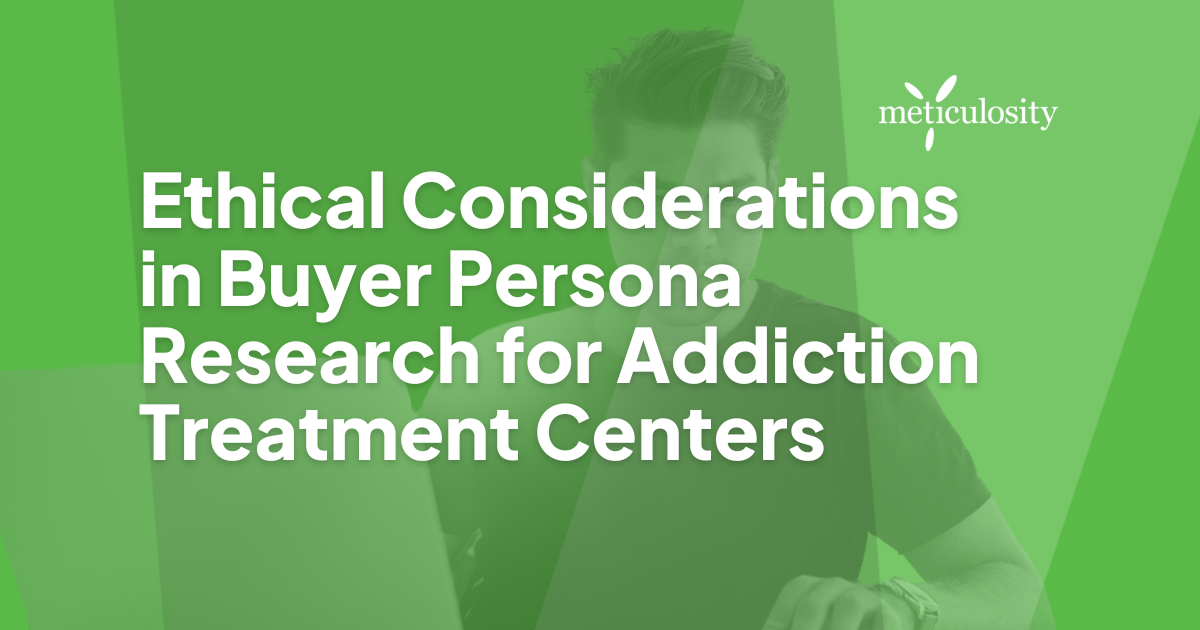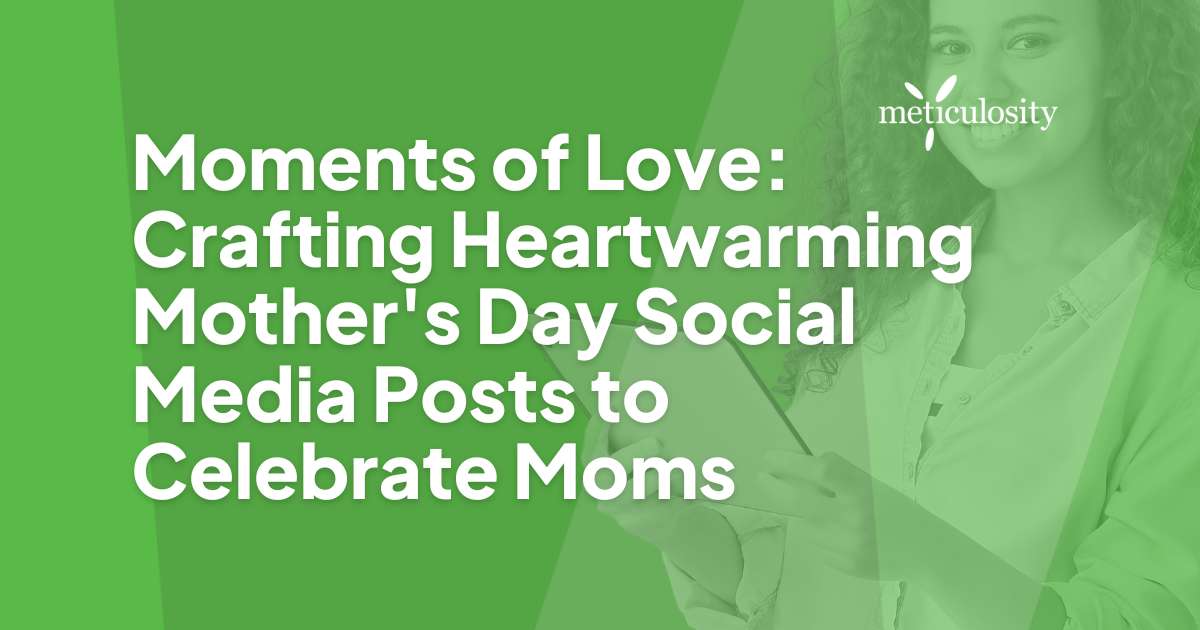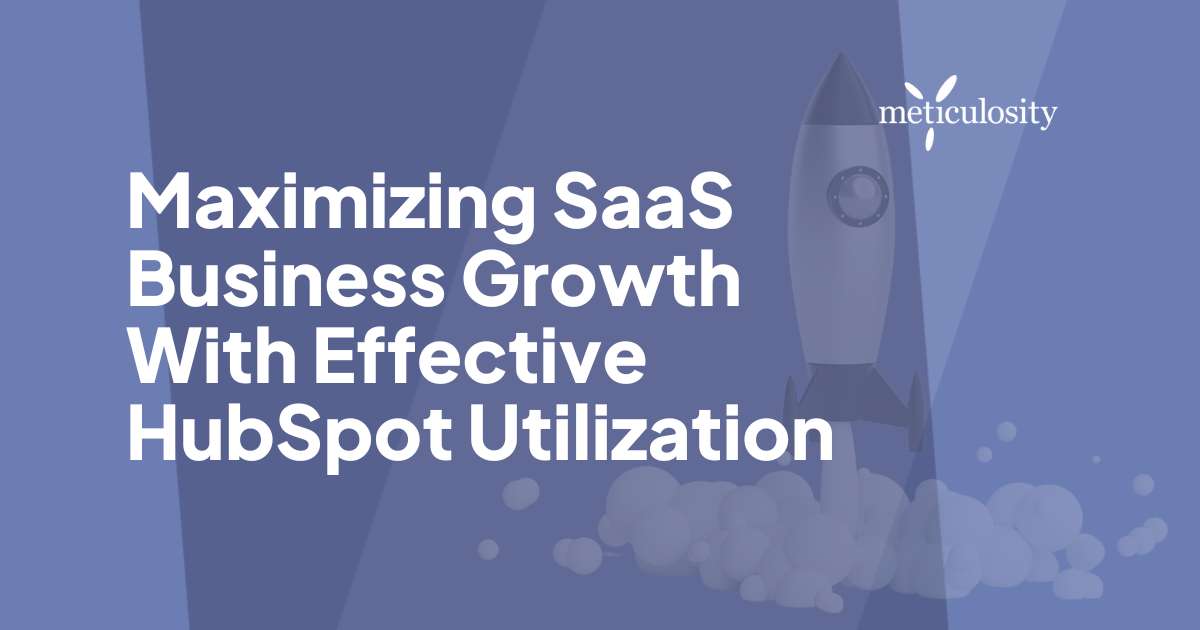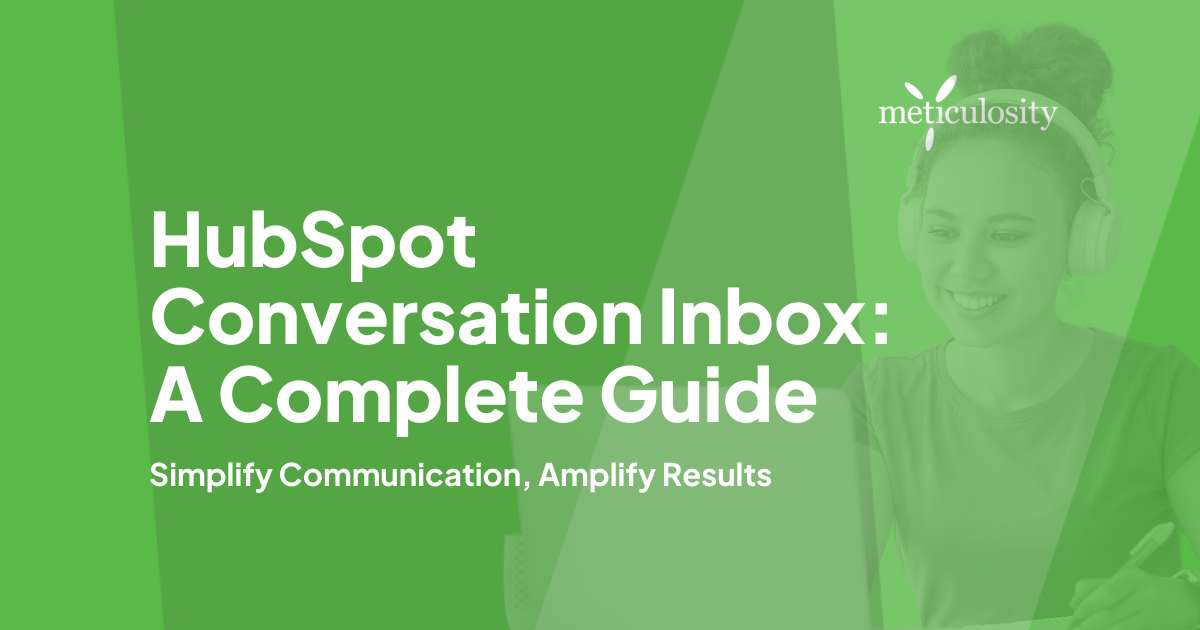We know how it feels – walking the fine line of ethical considerations while conducting buyer persona research for addiction treatment centers can seem like a monumental task. Yet, startling statistics show that over 40 million Americans ages 12 and above are struggling with abuse or addiction to nicotine, alcohol, or other drugs; this equates to more than one in seven individuals - our friends, neighbors, and family members.
The need for these facilities is glaringly apparent, as is your vital role in bridging the gap between those in need and life-changing help. This guide exists not just as an instruction manual but also as a compassionate ally during your journey through this delicate subject matter.
We'll discuss how to maintain respect, fairness, and confidentiality every step of the way–all while navigating these intricate waters with ease.
Key Takeaways
- Buyer persona research is crucial in addiction treatment, helping us understand the needs of those struggling with addiction and shape our services accordingly.
- Ethical considerations are vital in this research to ensure respect, fairness, and confidentiality for participants.
- Stigma and discrimination surrounding addiction must be addressed through language that promotes healing instead of hurtful words.
- Protecting confidentiality and privacy is essential in buyer persona research by implementing measures like encryption and obtaining informed consent.
- Ethical guidelines include respecting participants, being transparent about the purpose of the research, safeguarding data, taking responsibility for impact, and ensuring fairness.
Understanding Buyer Persona Research for Addiction Treatment
Buyer persona research is key in the world of addiction treatment. It is what helps us get to know our clients better. We gather helpful data about who needs help and how they want that help.
This could be people who are struggling with addiction or those who care for them.
This research helps us shape our services to better fit their needs. We look at many things like age, gender, life issues, and more. With this info, we can make sure our service meets their exact wants and woes as closely as possible! But remember, doing it ethically is very important.
Importance of Ethical Considerations
Ethics is a big deal in buyer persona research. We must think about it at every step. It helps us do our work right and fair. It makes sure we respect everyone involved.
In addiction treatment, ethics becomes even more important. Our clients are people who need help. They trust us to guide them toward recovery. Ethical rules make sure we don't misuse that trust.
We can't forget about data safety either! Client information is private and sensitive. Ethics help us protect this data the right way, avoiding harm or misuse of the info collected.
Combatting Stigma and Discrimination
In our search for buyer personas, we can't control how others see addiction. But, we can change the way we talk about it. It's time to cut out words that hurt and swap them with words that heal.
This is key in fighting the stigma around addiction.
We must take a stand against unfair treatment too. We need to learn more about addiction so it isn't seen as bad behavior by businesses or customers anymore. By doing this, they will feel safe coming to us for help when they need it the most.
Protecting Confidentiality and Privacy
Protecting the confidentiality and privacy of individuals participating in buyer persona research for addiction treatment centers is of utmost importance. As marketers and business professionals, it is our ethical responsibility to ensure that personal information is kept safe and secure.
This means taking steps to safeguard data collected during the research process. It involves implementing measures such as encryption, password protection, and firewalls to prevent unauthorized access.
Additionally, it requires treating all confidential information with respect and integrity.
Moreover, obtaining informed consent from participants before collecting any personal data is crucial. This includes providing clear explanations about how their information will be used and ensuring they have a choice in whether or not to participate.
Respecting their decision and maintaining transparency throughout the research process builds trust with participants.
By prioritizing confidentiality and privacy in buyer persona research, we can establish a culture of trust, protect sensitive information, and ultimately contribute to more effective addiction treatment strategies.
Looking to improve your buyer personas? Learn how to improve here.
Ensuring Informed Consent
When conducting buyer persona research for addiction treatment centers, it is crucial to ensure informed consent from participants. This means that individuals should fully understand the purpose and nature of the research before agreeing to participate.
We believe in being transparent about how their information will be used and protected throughout the process. By obtaining informed consent, we show respect for individuals' autonomy and allow them to make an educated decision on whether or not they want to take part in the research.
To obtain informed consent, it is important to clearly explain what data will be collected, how it will be stored, and who will have access to it. We must also address any potential risks or benefits associated with participation.
Informed consent establishes trust between researchers and participants by demonstrating integrity and compliance with ethical standards. It ensures fairness by giving individuals the power to willingly share their experiences without feeling coerced or manipulated.
By prioritizing informed consent in buyer persona research, we can gather valuable insights while respecting individuals' rights and privacy.
Guidelines for Ethical Research
Ethical research is crucial when conducting buyer persona research for addiction treatment centers. Here are some guidelines to ensure ethical practices:
- Respect: Treat participants with respect and dignity throughout the research process.
- Transparency: Communicate the purpose, methods, and potential outcomes of the research to participants.
- Trust: Build trust with participants by maintaining confidentiality and protecting their privacy.
- Informed consent: Obtain voluntary and informed consent from participants before collecting any data.
- Data protection: Safeguarding participant data to prevent unauthorized access or disclosure.
- Responsibility: Take responsibility for the impact of the research on participants' well-being and ensure no harm is caused.
- Fairness: Avoid bias in participant selection and data interpretation to ensure fairness.
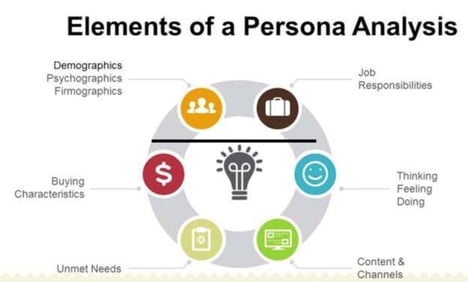
Ethical Challenges in Buyer Persona Research
Ethical challenges can arise when conducting buyer persona research for addiction treatment centers. One key challenge is the need to balance the desire for accurate and detailed information with the obligation to protect individuals' privacy and confidentiality.
It's important to ensure that any data collected during the research process is anonymized and kept secure.
Another ethical challenge is the risk of perpetuating stigma and discrimination against individuals struggling with addiction. Marketers and business professionals must be mindful of how they portray addiction in their buyer personas, avoiding language or imagery that could further marginalize or stigmatize this vulnerable population.
Additionally, obtaining informed consent from participants is crucial in maintaining ethical standards. This means clearly explaining the purpose of the research, what will be done with the data collected, and any potential risks involved.
Participants should have a full understanding of their rights before agreeing to participate.
To navigate these challenges effectively, marketers and business professionals should adhere to guidelines for ethical research, which include principles such as respect for autonomy, transparency, trust, integrity, compliance with relevant laws and regulations, data protection measures, responsibility toward society at large, fairness in participant selection processes.
Addressing these ethical challenges head-on in buyer persona research for addiction treatment centers ensures that marketing efforts are both effective and morally responsible.
Impact of Ethical Practices on Treatment Outcomes
Ethical practices have a significant impact on the outcomes of addiction treatment. When treatment centers prioritize ethics, it helps build trust and create an environment of respect for patients.
This, in turn, leads to better treatment results. By respecting confidentiality and privacy, patients feel safe to open up about their struggles and seek the help they need without fear of judgment or breach of trust.
In addition, when informed consent is obtained from patients before conducting research or implementing new treatments, it ensures that they are actively involved in decision-making regarding their care.
This promotes transparency and empowers individuals to make choices that align with their values and goals.
By adhering to ethical guidelines, such as maintaining integrity in data collection and protecting patient information, treatment centers can improve the overall quality of care provided.
Ethical practices also promote fairness by treating all patients equally, regardless of personal characteristics or backgrounds.
In summary, ethical considerations play a crucial role in shaping treatment outcomes for addiction recovery. When treatment centers prioritize ethics through confidentiality protection, informed consent processes, adherence to guidelines, and fair practices toward all individuals seeking help for addiction issues; it creates an environment where better outcomes can be achieved by fostering trust between providers and patients while promoting individual autonomy.

Conclusion
Ethical considerations in buyer persona research for addiction treatment centers are of utmost importance. By combating stigma and discrimination, protecting confidentiality and privacy, and ensuring informed consent, we can conduct research that respects the rights and dignity of individuals seeking help.
Following guidelines for ethical research and addressing challenges that may arise will contribute to better treatment outcomes. By prioritizing ethics in our buyer persona research, we uphold trust, integrity, transparency, and respect for those we serve.
Click here to learn more about agency marketing.
FAQs
1. What is buyer persona research, and why is it important for addiction treatment centers?
Buyer persona research is the process of gathering information about the characteristics, behaviors, and preferences of potential clients seeking addiction treatment. It helps centers understand their target audience on a deeper level, enabling them to tailor their marketing efforts and services to better meet their needs. However, it's crucial to conduct this research ethically, respecting individuals' privacy and ensuring their sensitive information is handled appropriately.
2. How can addiction treatment centers conduct buyer persona research ethically?
-
Anonymize Data: When collecting information, remove any personally identifiable information (PII) to ensure the privacy of potential clients.
-
Obtain Informed Consent: If conducting surveys or interviews, clearly explain the purpose, and how the data will be used, and obtain consent from participants before gathering any information.
-
Secure Data Storage: Ensure that any data collected is stored securely and protected from unauthorized access.
-
Transparent Communication: Be transparent with potential clients about the information being collected and how it will be used. Clearly explain the benefits of participating in the research.
-
Respect Privacy Regulations: Comply with relevant data protection and privacy laws to safeguard the rights of individuals.
-
Offer Opt-Out Options: Provide individuals with the option to decline or withdraw their participation in the research at any time.
3. Can buyer persona research inadvertently lead to bias or discrimination? How can addiction treatment centers prevent this?
Yes, there is a risk of bias in buyer persona research if not conducted carefully. To prevent bias and discrimination, rehab centers can:
-
Ensure Diversity in Data Collection: Gather information from a diverse range of potential clients to avoid skewed perspectives.
-
Avoid Stereotyping: Treat each potential client as an individual with unique needs and preferences, rather than making assumptions based on characteristics like age, gender, or ethnicity.
-
Monitor for Biases: Regularly review the research process and outcomes to identify any potential biases and take corrective action.
-
Include Ethical Guidelines: Provide clear guidelines to researchers on conducting unbiased and ethical personal research.
-
Seek External Input: Consider involving external parties, such as ethics committees or consultants, to review and assess the research process for fairness and ethical considerations.
4. How can addiction treatment centers use buyer personas responsibly in their marketing strategies?
-
Tailor Messaging Responsibly: Craft messages that address the specific needs and concerns of each persona without resorting to manipulation or exaggeration.
-
Protect Privacy in Marketing: Avoid sharing any sensitive or personal information about potential clients without their explicit consent.
-
Maintain Transparency: Communicate how potential clients' information will be used in the marketing process and offer opt-out options.
-
Respect Individual Choices: Ensure that marketing efforts are respectful of potential clients' autonomy and preferences, allowing them to make informed decisions about their treatment options.
-
Continuously Evaluate and Improve: Regularly review marketing strategies to ensure they align with ethical standards and make adjustments as necessary.

